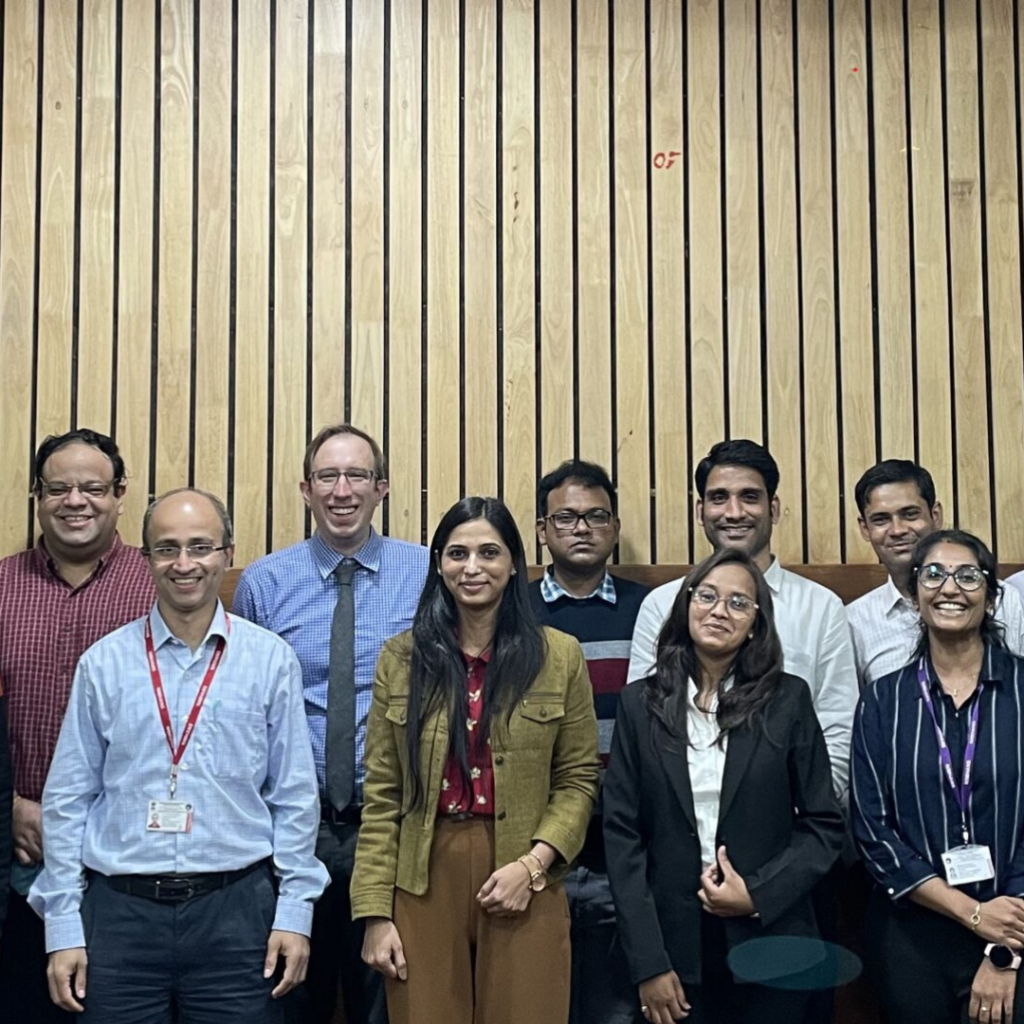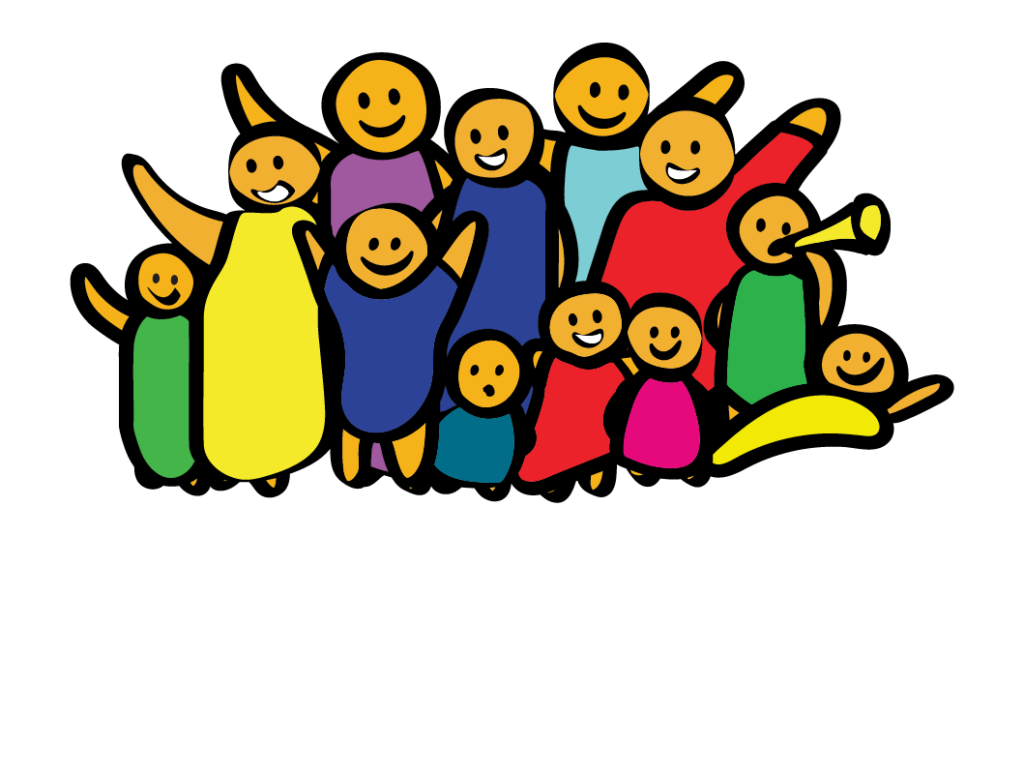
The need for innovative approaches for the care of serious mental illnesses such as schizophrenia is clear. Impacting approximately 1% of the global population, schizophrenia is a leading cause of disability according to the World Health Organisation (WHO).
WHO has declared schizophrenia a priority condition for its mental health gap action programme (mhGAP) because of the lack of available services, especially in low- and middle-income countries (LMICs). Predicting and preventing relapse presents a crucial opportunity and first step to improve outcomes and reduce the care gap for persons living with schizophrenia. Relapse occurs within 5 years for the overwhelming majority of patients. Each subsequent episode is associated with poorer lifetime outcomes, worse chronicity of the illness, reduced functioning and declining cognition. These arise as a combined consequence of neurotoxic as well as psychological and social ‘toxic’ effects of relapse. Innovative approaches to predict and prevent relapse while reducing the care gap are the focus areas of this global mental health protocol.
The overarching goal of Smartphone Health Assessment for Relapse Prevention in early psychosis (SHARP) project is to guide the systematic development and adaptation of an open source smartphone application and digital dashboard, across diverse cultures and contexts, in a patient centred and transparent manner to promote personalised care. The resulting app will be studied towards predicting and preventing relapse among individuals diagnosed with schizophrenia spectrum disorders.
The LAMP (Learn, Assess, Manage, Prevent) platform will be used throughout this study, representing a patient centred, transparent and collaborative approach to digital health. Open-source and customisable, LAMP is a mobile application dashboard and a digital health platform built with the knowledge that mental illness is as universal as it is personal. This is a two-phased study where researchers, patients and care providers can build on LAMP’s software to create, customise and share digital health tools that meet their needs.
Learn more about the study components and technology employed
Schizophrenia is associated with a pooled x2.5 relative risk of mortality and reduced life expectancy of upwards of 30 years compared to the general population. The WHO has declared schizophrenia a priority condition for its mental health gap action program (mhGAP) because of the lack of available services, especially in low- and middle-income countries (LMICs).
Predicting and preventing relapse presents a crucial opportunity and first step to improve outcomes and reduce the care gap for persons living with schizophrenia. Relapse occurs within 5 years for the overwhelming majority of patients. Each subsequent episode is associated with poorer lifetime outcomes, worse chronicity, reduced functioning, and declining cognition. Thus, innovative approaches to predict and prevent relapse while reducing the care gap are the focus of SHARP.
Predicting relapse and offering preventive interventions in schizophrenia requires an accurate and holistic measurement of patients’ lived experiences. Today we have the ability to augment patient self-reporting by objective insights into the impact of environment, psychosocial stressors and sleep on symptoms and functioning, in order to better understand lived experiences. Through commercially available smartphones and smartwatches, we can capture real-time and longitudinal profiles of patients’ symptoms, behaviours, cognition, physiology, and social patterns. This makes it possible to explore relationships between behaviours, physiology, and symptomology that may yield personalized relapse signals. Research shows that digital biomarkers related to mobility, sociability, and self-reported symptoms may help predict relapse [Barnett, I et al, 2018] and smartphone digital biomarkers can predict stress, hallucinations, and mood changes in patients with schizophrenia [Ben-Zeev, D et al, 2017].
The SHARP study builds on this preliminary work to inform the development of a scalable and sharable digital solution that will monitor the personal risk of relapse in individuals living with schizophrenia and support timely response to potential risks using real-time and evidence-based adjunctive digital resources.
The study sites i.e., BIDMC (USA), AIIMS & Sangath (central India) and NIMHANS (south India) span rural and urban settings and low to middle-income patient populations, and therefore, these institutions are a microcosm for the global population living with schizophrenia. Each site, distinct from the others in geography and culture, will engage patients, family members, and clinicians with diverse perspectives and markedly different lived experiences. The result of this global research informs of the technology that can be utilised by populations around the world to understand and improve mental health services for individuals living with schizophrenia.
Dr Anant Bhan
Principal Investigator
Deepak Tugnawat
Co-Investigator
Ameya Bondre
Research Coordinator
Ritu Shrivastava
Research Coordinator
Azaz Khan
Intervention Coordinator
For further details please write to us at contactus@sangath.in

do_shortcode(‘
‘)